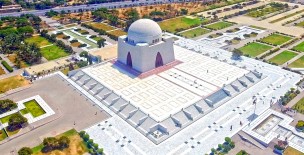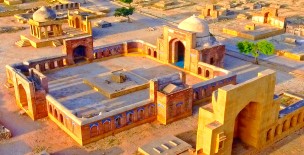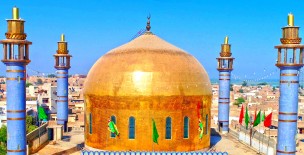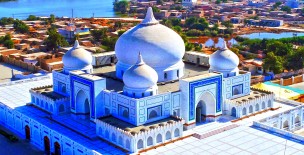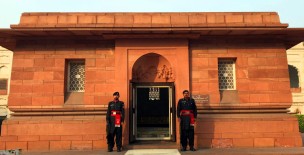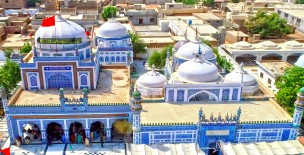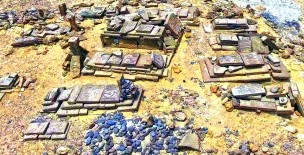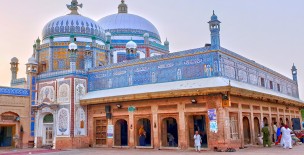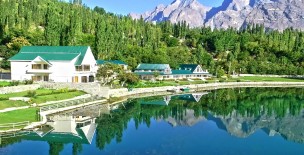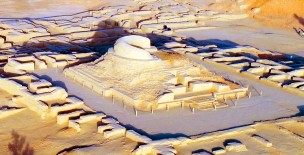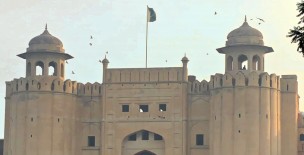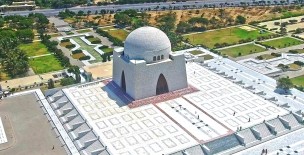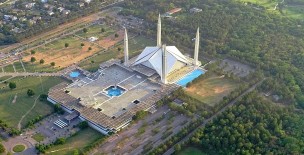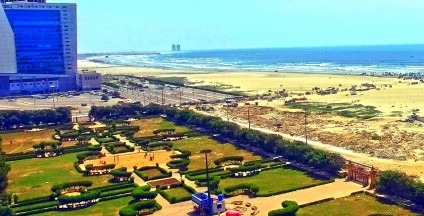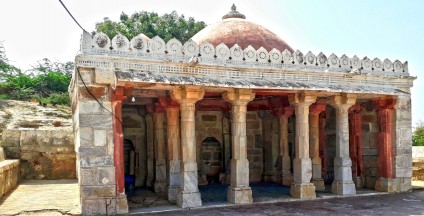Sindh is indeed the land of Sufis. There are many Sufis who lived in Sindh and Sachal Sarmast was one of them. He wrote mostly in Sindhi and Saraiki during the Kalhoro/Talpur era of Sindh.
He was born in 1739 (1152 H) in Daraza Sharif, near Ranipur. His real name was Abdul Wahab Farouqi, but he is commonly known by the name of Sachal. Sachal preferred solitude and silence.
He was a great saint, a mystic poet, a philosopher and one of the towering personalities produced by Sindh (modern day in Pakistan). He was known by his nicknames "Sachal" or "Sachoo".
Sarmast means mystic in Sindhi and the literally meaning of Sachal Sarmast in English is "Truthful Mystic". He is also known as Shair-e-Haft Zaban , (The Poet of Seven languages), i.e. Urdu, Sindhi, Balochi, Punjabi, Persian, Arabic and Saraiki.
He was very simple in his attire, lifestyle, and eating habits. Soup and yoghurt were his favorites. He slept on a bare wooden bed. He was a humble man with long soft flowing hair, and penetrating eyes.
His poetry emphasised on Haqeeqi Ishq (divine love) as he was ardent believer of Wahdat-ul-Wujood (unity of existence). In his poetry, one can feel that he strongly believed in tolerance among races, caste and genders.
During his childhood, once Sachal went to Shah Abdul Latif Bhittai, another great mystic poet of Sindh, who looked at him and said this little boy will complete what he had started. His shrine is about 40 km southwest of Khairpur Mir.
Sachal was a great lover of music. Touched by music, he would often cry profusely. Couplets would pour out from his lips, which his followers or fellow dervishes would immediately inscribe.
He passed away on 11 April, 1827. Beginning on the 13th day of Ramadan the Urs begins for 3 days including a mehfil-e-sama and mushaira. This is organised by the Sachal Sarmast Yadgar Committee.
Sufi singers are seen singing the rhythmic and enthralling mystical poetry. Many Hindus and Christians also visit his dargah/shrine, which is the best example of plurality and tolerance.
Sindh - Sachal Sarmast Shrine
Related Videos
Leave a Comment:
For comment please login first: Login here
